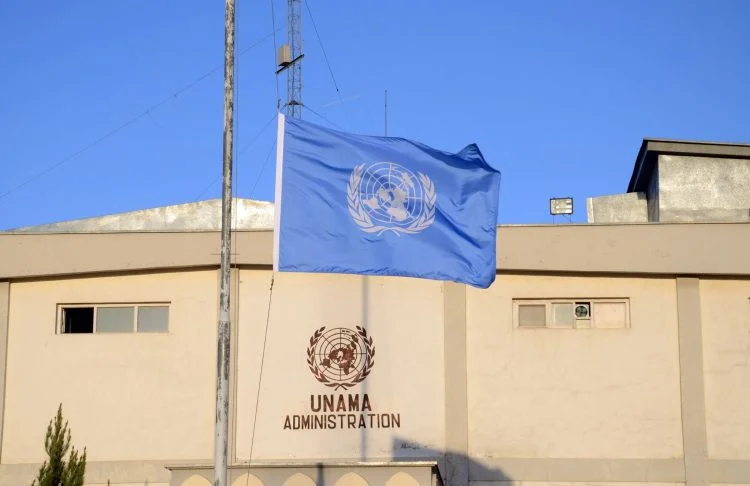The cyclonic storm ‘Asna’ lay centered over the northwest Arabian Sea near the west of Gujarat early Sunday morning. It is likely to move further and gradually weaken into a deep depression by this evening. By Monday morning, it is expected to become a depression. The storm will bring above normal rainfall to several regions.
Meanwhile, a depression lay over south Odisha and north Andhra Pradesh. It is likely to move west-northwestwards across south Odisha and south Chhattisgarh. The India Meteorological Department said it will weaken into a well-marked low-pressure area within the next 24 hours.
Weather forecast
The weather department has forecast light or moderate rainfall over coastal Karnataka, coastal Andhra Pradesh, Lakshadweep, Kerala, Mahe, Telangana, Tamil Nadu, and Puducherry during the week. For Sunday, extremely heavy rainfall is likely over parts of Telangana, Karnataka, Andhra Pradesh, Vidarbha, Madhya Pradesh, and Gujarat. Parts of Chhattisgarh, Goa, the northeastern states, and Odisha will receive heavy rain.
Above normal rainfall likely in Sept
Meanwhile, climatologically the southwest monsoon commences to retreat around September 15, however, the weather department has not yet declared the dates of monsoon withdrawal. Entire India recorded below-normal rain during this season. For the whole of the month, the IMD has predicted above-normal rainfall. On Saturday, the weather department said the country will receive 109 per cent of the long-period average, which is 167.9mm (1971-2020 data).
Mrutyunjay Mohapatra, director general of IMD, forecasted “above normal rainfall for Himachal Pradesh, Uttarakhand, Jammu and Kashmir, Punjab, Delhi, east Rajasthan, Madhya Pradesh, Gujarat, Maharashtra, Chhattisgarh, Jharkhand, Telangana, Odisha, West Bengal, Tripura, the west coastal areas, coastal Andhra Pradesh, and Kerala.” He also warned of potential landslides and mudslides, urging people to take precautions.
Warmest ever August
On the other hand, August set the record as the warmest month India has ever experienced since 1901. The all-India average monthly minimum temperature surged to a record of 24.29 degrees Celsius for August. The normal is 23.68 degrees Celsius. In August, several weather factors at local, regional and global levels kept the southwest monsoon active for several days. There were six low-pressure systems, one of which intensified into cyclone Asna in the Arabian Sea on August 30.
“As good rainfall activity was recorded during August, the persistent cloudy conditions pushed the minimum temperatures above normal. That is why, most areas of the country, particularly the central India region, recorded higher than average minimum temperatures,” said Mrutyunjay Mohapatra, director general, of IMD.
This news is sourced from Indian Express and is intended for informational purposes only.






